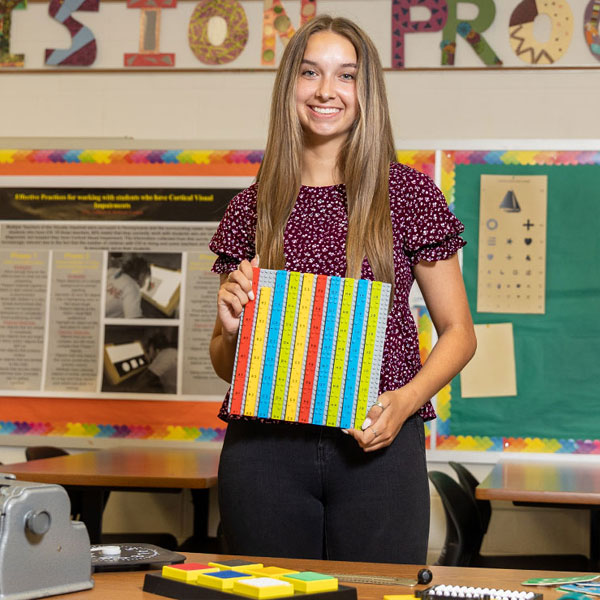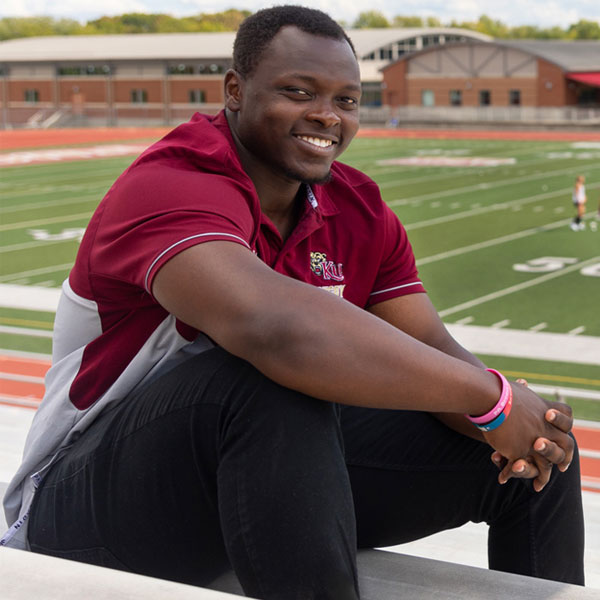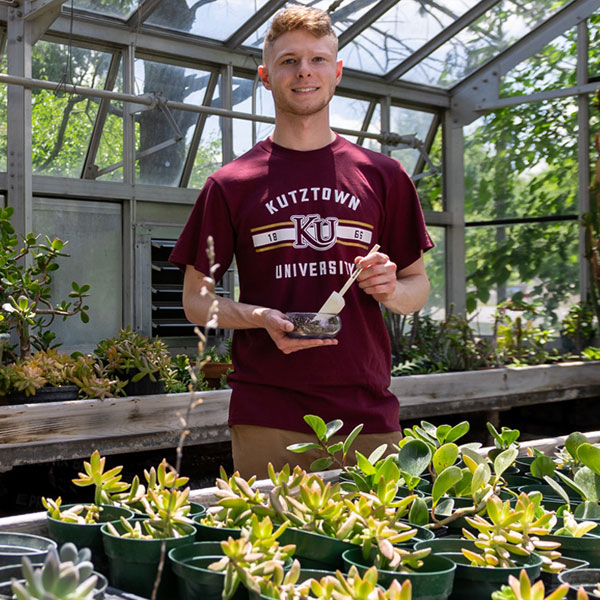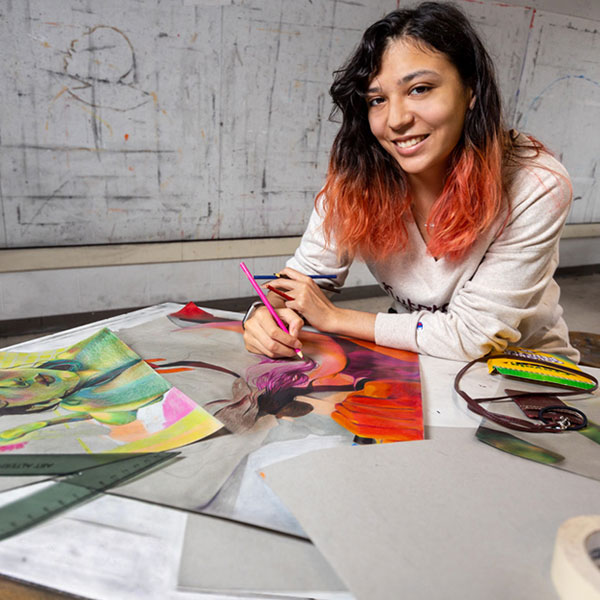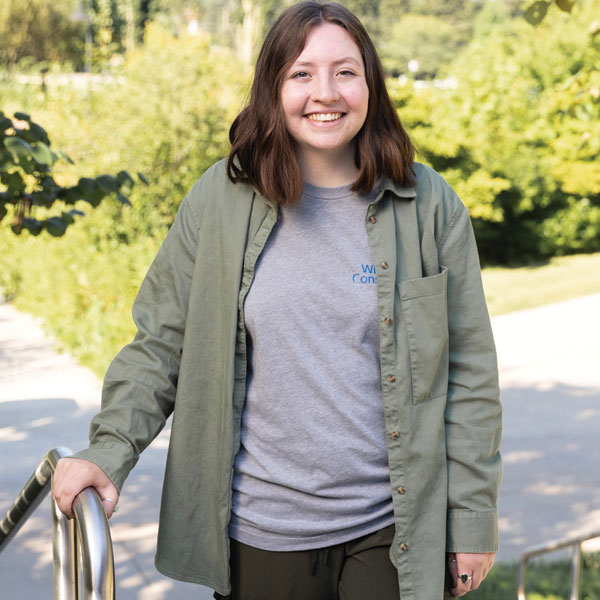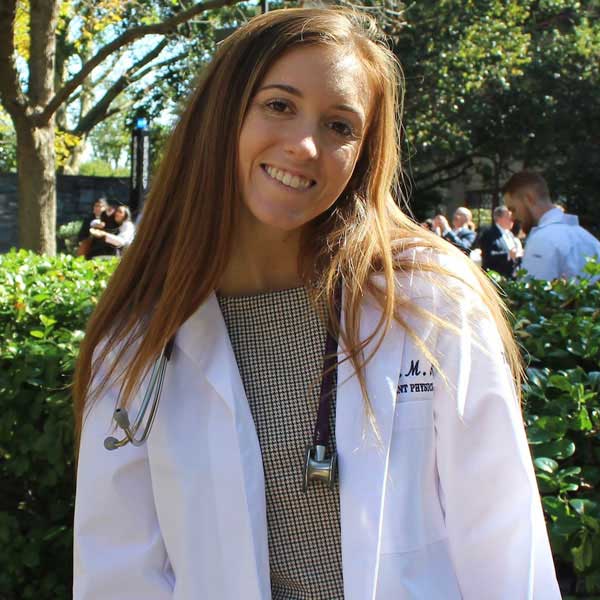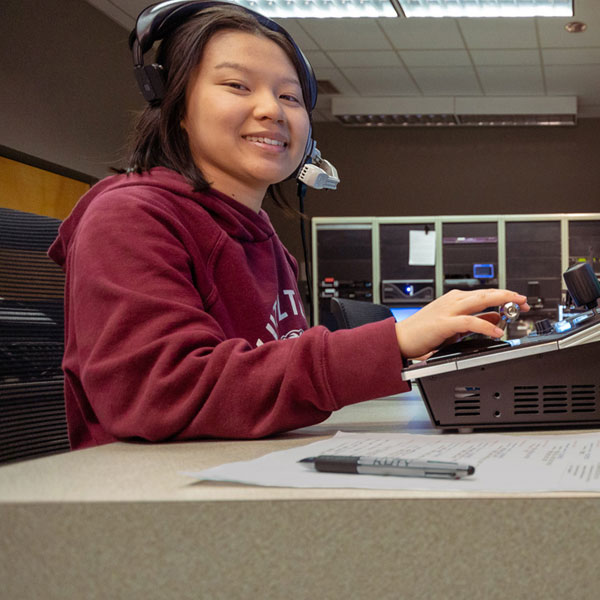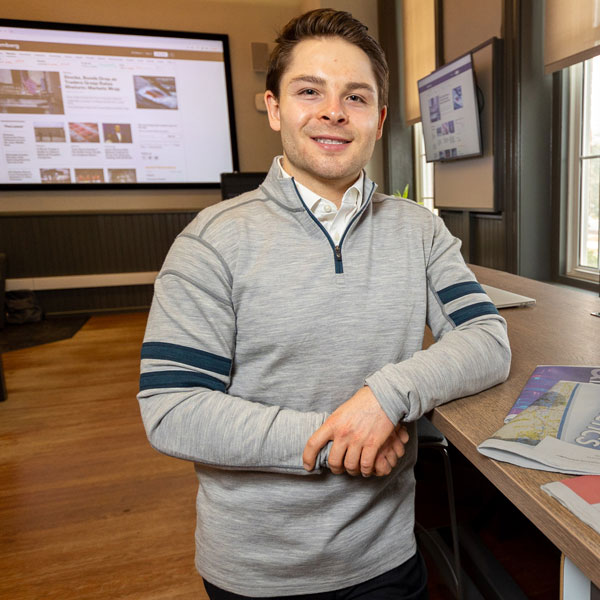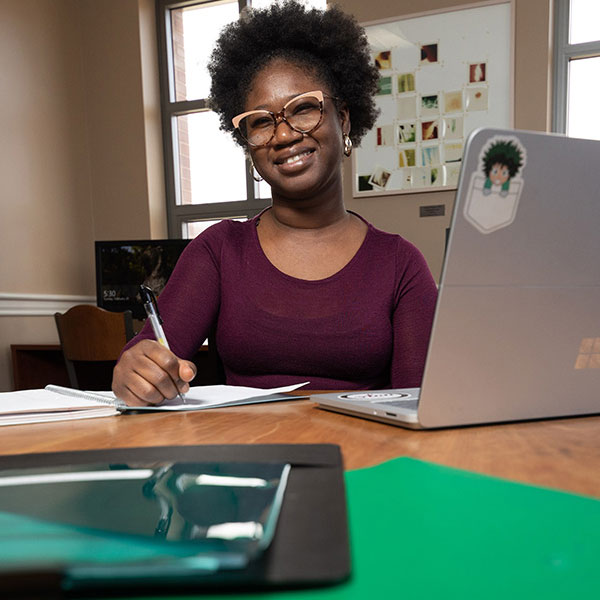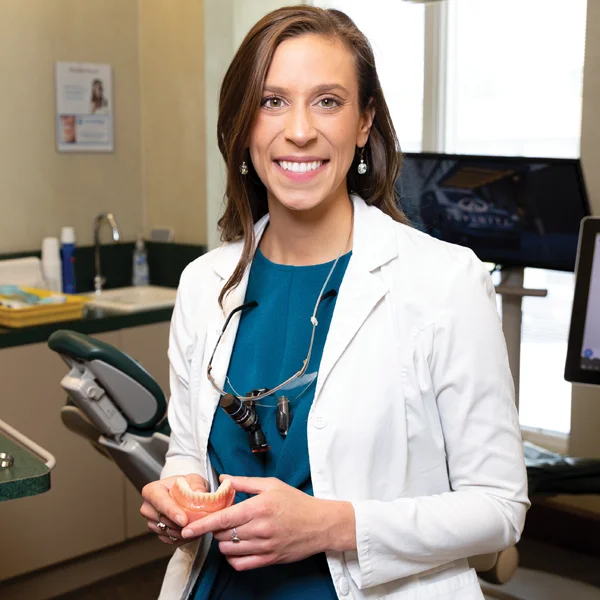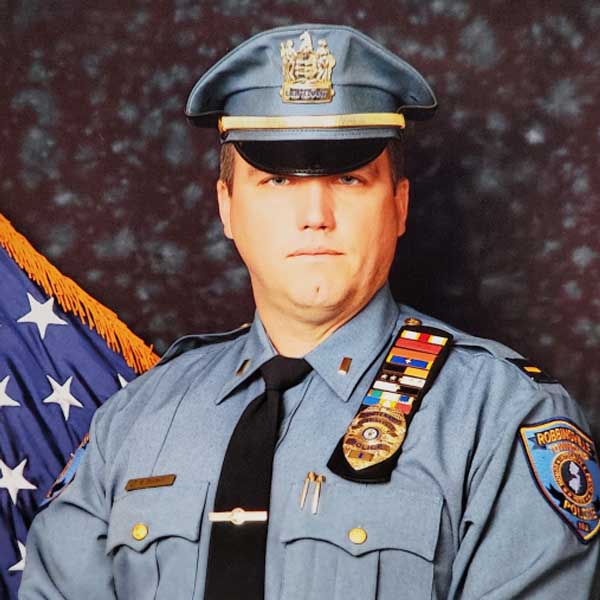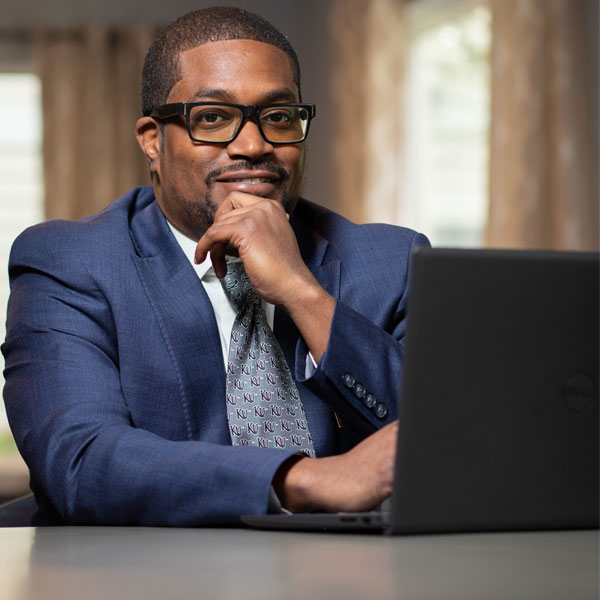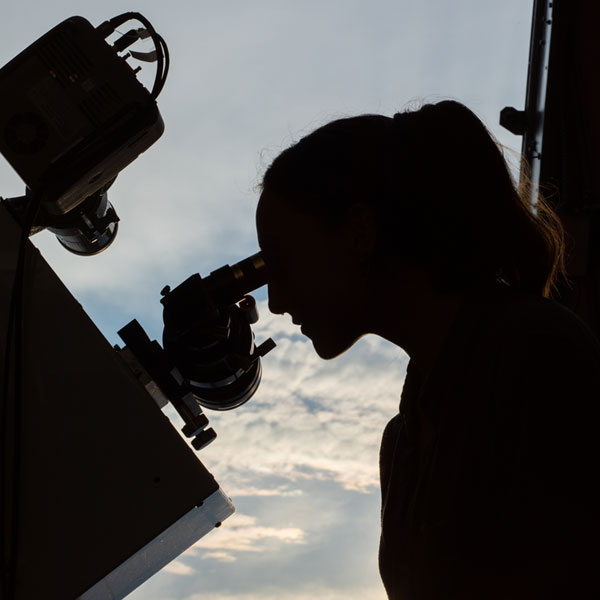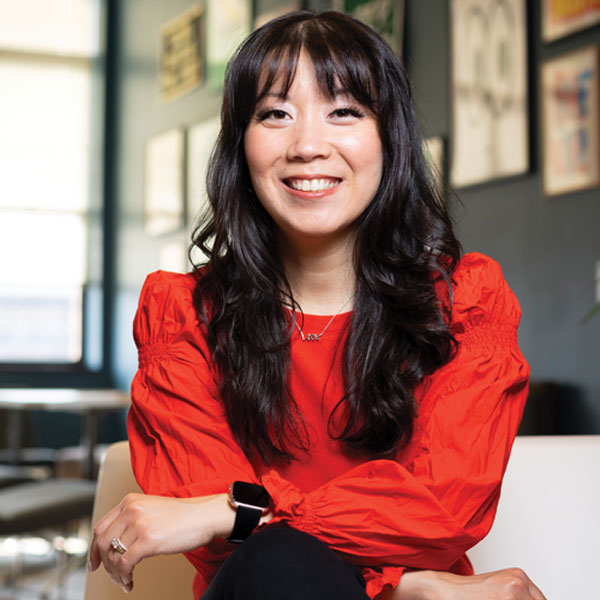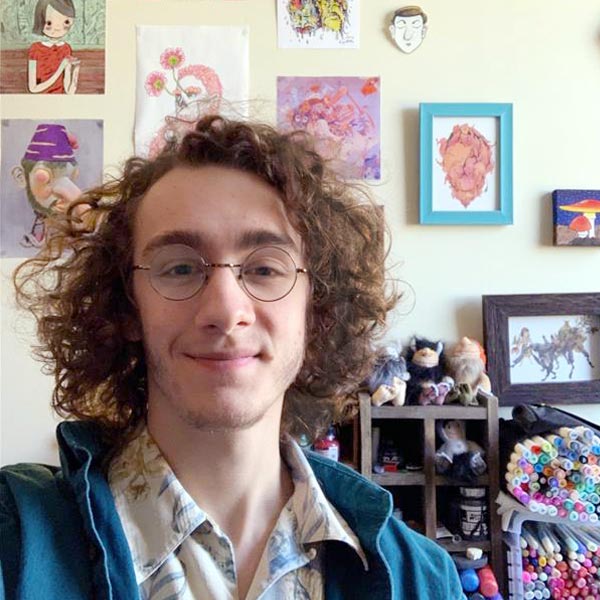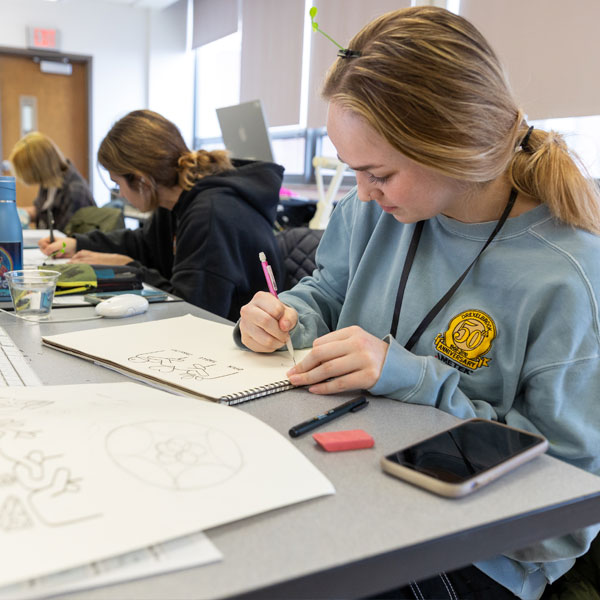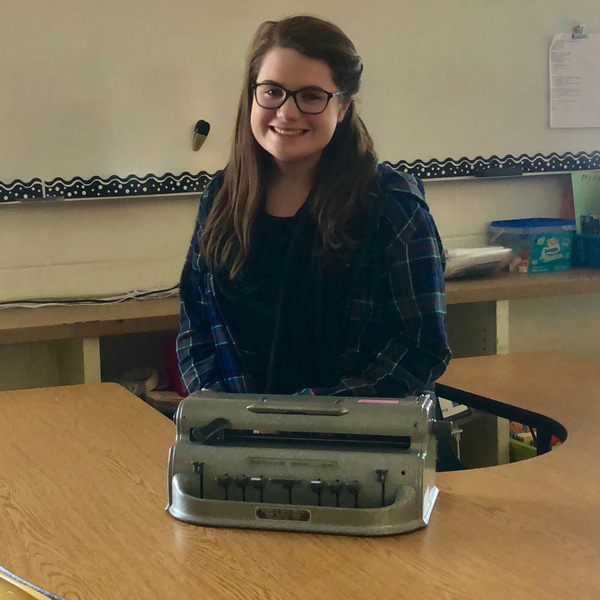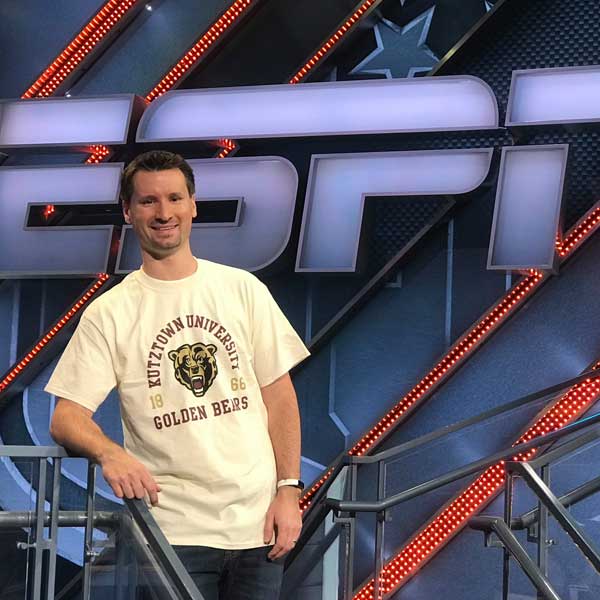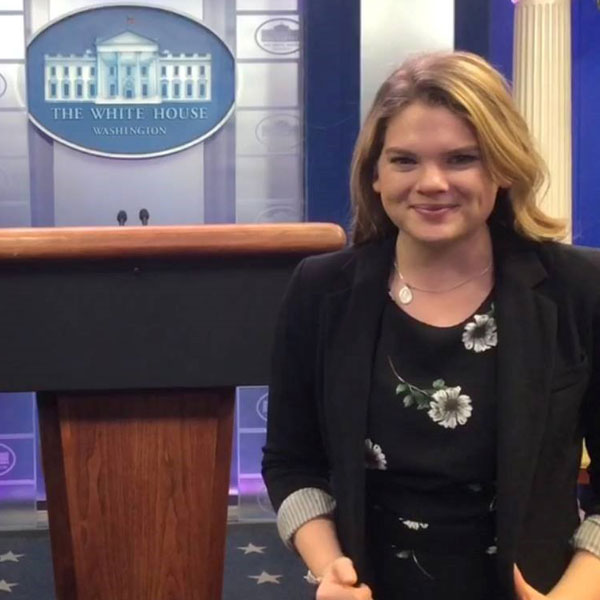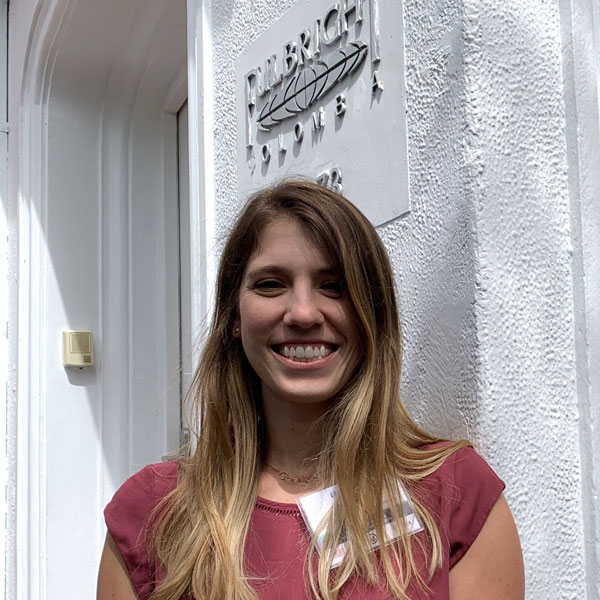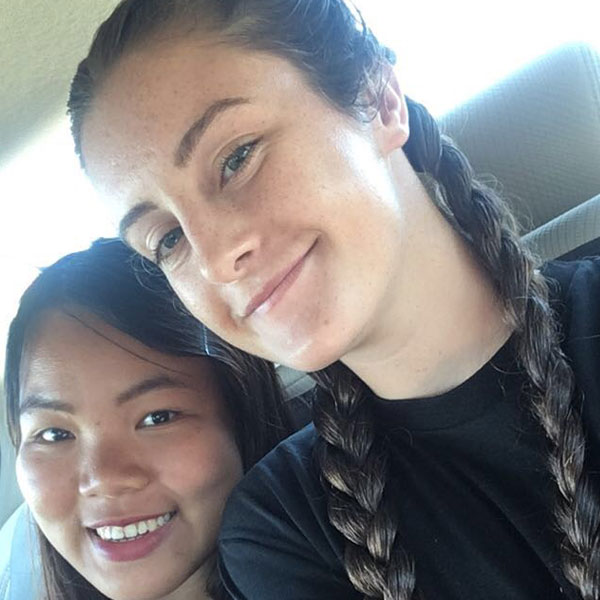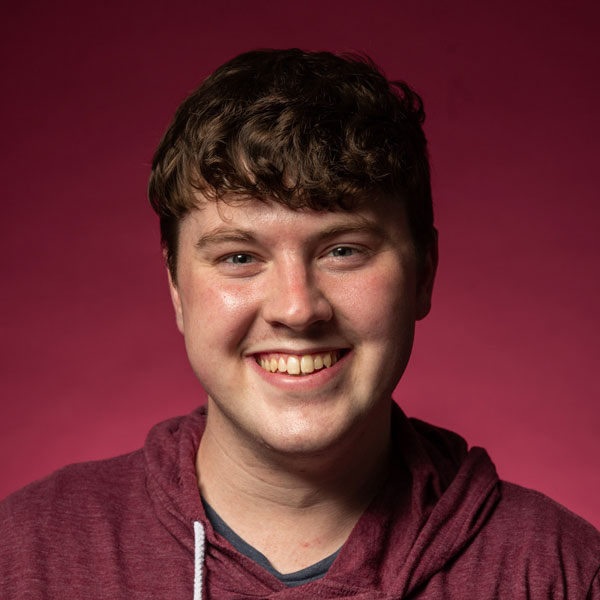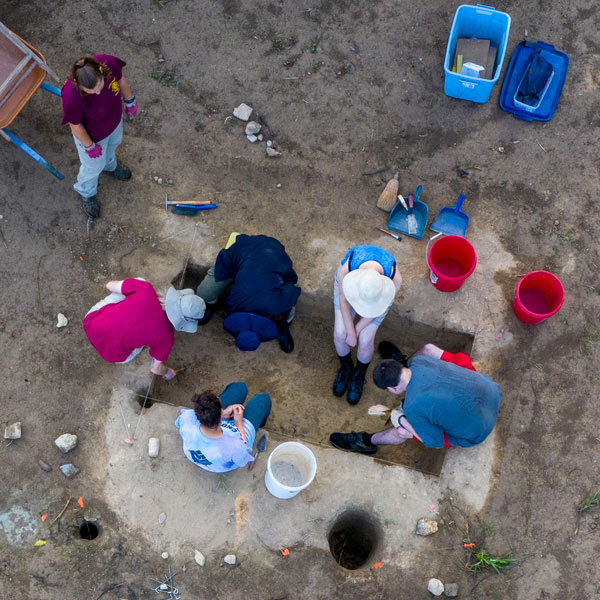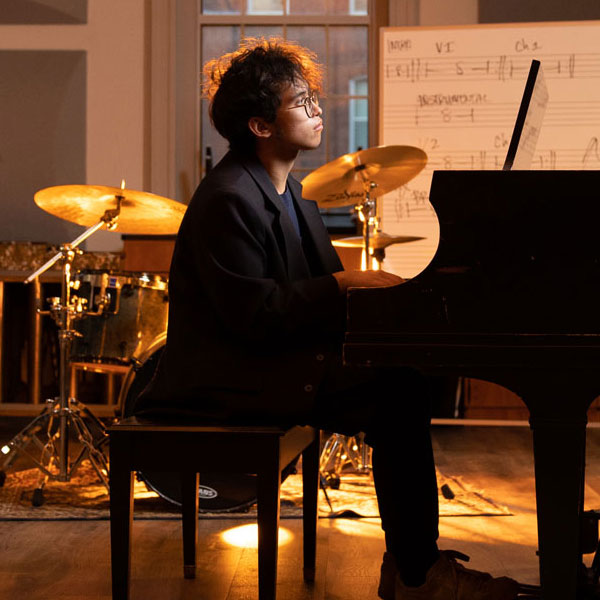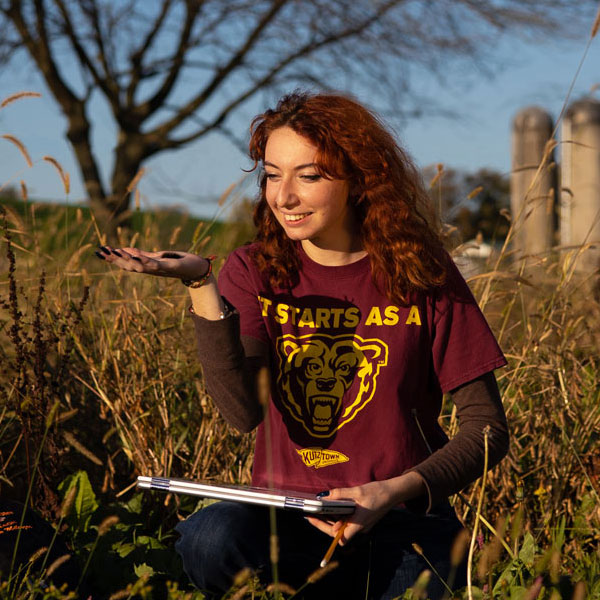
September 30, 2021
Alumni Spotlight
Kevin Harden, Jr. '07
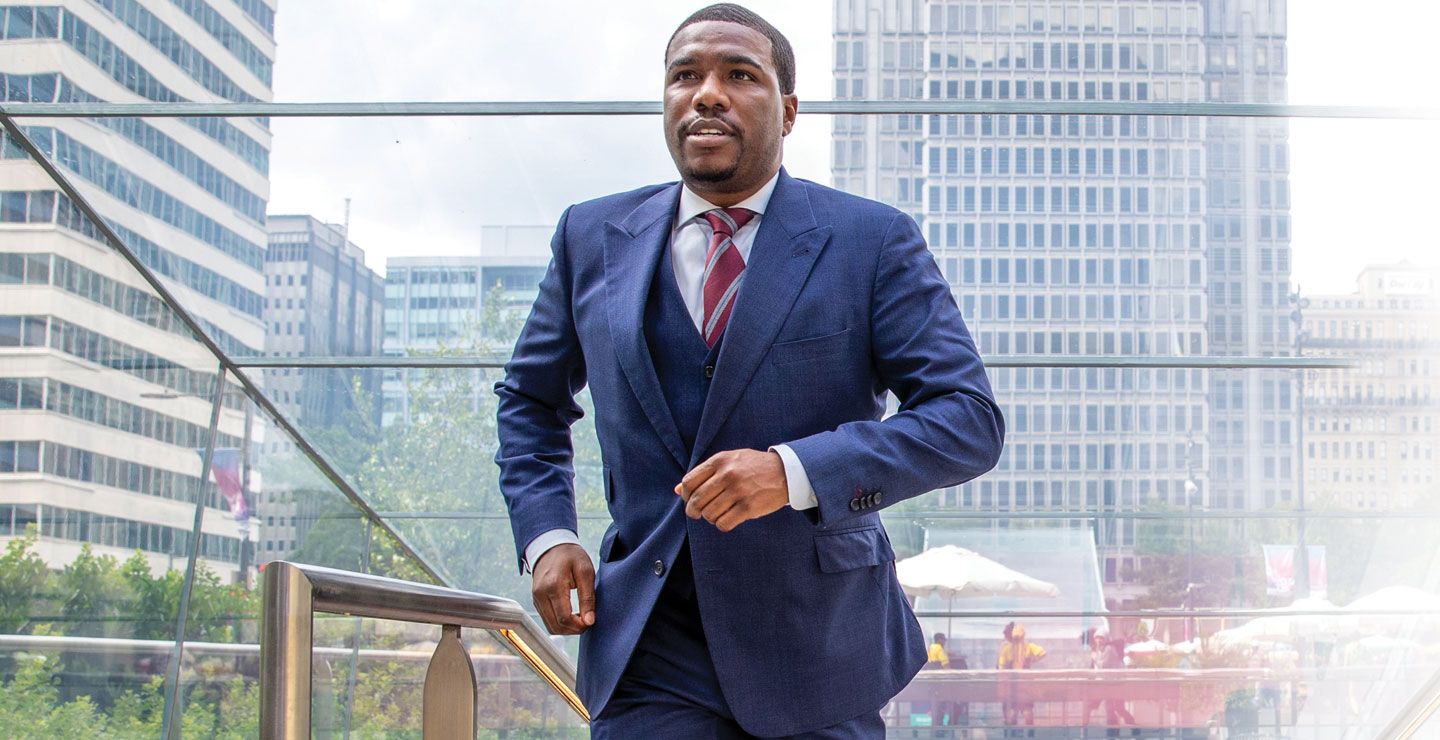
Having problems that are not really problems, according to Kevin Harden Jr. ’07, has been a problem – at least lately. The catastrophic injury and civil rights attorney with Ross Feller Casey in Greater Philadelphia recently won back-to-back, record-setting verdicts and settlements inside six months. First in 2019, he won the largest-ever verdict in Berks County for a medical malpractice case, which was followed in 2020 by the highest civil settlement in an exoneration case in Pennsylvania’s history.
The problem, Harden says, is how to set and achieve goals after these monumental successes, especially without a script to follow or trailblazers to provide advice.
“The difficulty in defining goals, defining the steps to achieve those goals, when those goals are amorphous, is beyond me,” says Harden. “In the legal profession, there have been many glass ceilings specifically for black lawyers and for women lawyers, and there’s no real roadmap for a lawyer like myself. When I ask my mentors for advice, they frequently say they’ve never encountered situations such as those I’ve encountered because I’m in a generation of lawyers who are achieving things that have never occurred before.”
This difficulty setting goals has roots in Harden’s youth. Born and raised in West Philadelphia, Harden struggled in school, had friends who were in and out of juvenile placement, and eventually became a survivor of gun violence himself. So, long-term aspirations didn’t land on Harden’s radar until much later in life.
Resilience Early in Life
Harden’s parents were separated, with his father as his primary caregiver and mother living apart from him on and off during his childhood. But he carried a secret about his mother’s health that took a heavy emotional toll on him.
“My mother was HIV positive. I discovered that when I was 12 or 13, but no one knew that I knew. I overheard a conversation my father was having with his mother,” says Harden. “I don’t think I revealed to someone that I knew my mother had HIV until a week before I graduated from college.”
A self-described “fireball,” Harden says that his concern for his mother and the family’s finances led to behavioral problems that eventually got him expelled from Central High School, Philadelphia’s No. 1 magnet school.
“I was constantly agitated. My mother was sick. I was poor. I was always tired from working and had to give up things like sports because I was working. I would argue with teachers and staff. I just wanted to be left alone, but that’s not what happens in high school. So, I would get into shouting matches over things as simple as a missed homework assignment or being sleepy in class.”
Harden worked two jobs at the time, including being a full-time manager at McDonald’s at 16 years old – he even hired his father to work the overnight shift. When his high school experience at Central ended, he landed at John Bartram High School near his home.
Making the KU Connection
At Bartram, Harden befriended a visiting counselor who sparked his life-changing connection to Kutztown University – Jeff Jones, who was KU’s associate director of admissions at the time. “College was like hitting the lottery,” says Harden. “I did not know that I was qualified for college.”
He remembers sending Jones his SAT scores.
“I faxed them that night from work and he called me on my cellphone,” says Harden. “‘I need you to fill out your financial aid forms. How much money did your mama and daddy make last year?’ I said, ‘Not much. Me and my dad work at McDonald’s, and my dad’s a single father.’ ‘Well then, congratulations, son, you’re going to get a full scholarship to college.’ And that was it. I never applied anywhere else.”
A Lawyer in the Making
The kind of lawyer that Harden would become started taking shape at Kutztown, when he was exposed to people with varied backgrounds and life experiences.
“I was in a class with people who were suburban, who were in between rural and suburban, people who lived in Allentown, who grew up on a farm, people who were homeschooled, people who just didn’t think like me,” says Harden. “It allowed me to humanize perspectives that weren’t my own, and it’s been remarkably useful in my legal career.”
Harden was undecided before choosing to major in criminal justice and credits department chair Dr. Jonathan Kremser as being “the first person who challenged me to think about criminal justice a little bit differently.
“I just remember him interrogating our thought processes around how we viewed things like mass shootings or school shootings, things like harm reduction.” Harden still uses some of those psychological frameworks in his career today.
Harden’s experiences, both on campus and at home, combined to help him see himself as an individual with purpose, passion and a choice for a future – but not before he experienced a brush with death.
In January 2006, about a year before completing his degree at KU, he was shot five times at point-blank range during an altercation in Southwest Philadelphia.
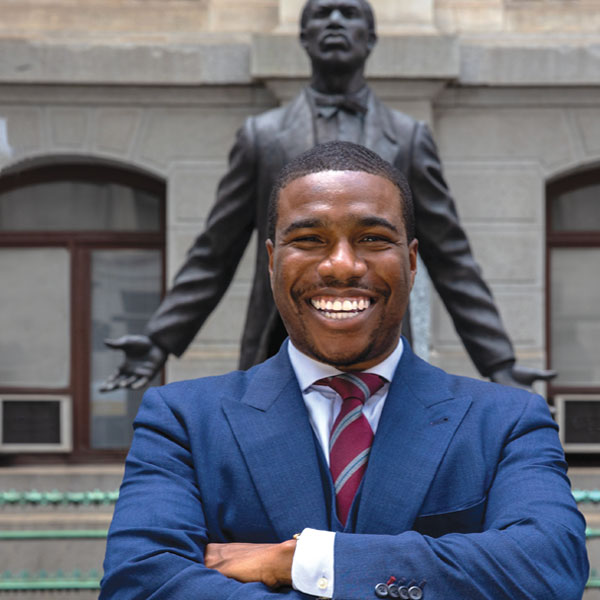
Kevin Harden Jr. stands with the bronze statue of Octavius V. Catto at City hall in Philadelphia. Catto was a 19th century scholar, educator, equal rights activist and athlete.
Hitting a Longevity Switch
“I’m sitting there on a gurney, shot five times, and I say, ‘Well if this goes left, if you die, all of the things you’re proud of, all of the education, all of the hard work, all the gifts you have, it’ll be for naught,’” says Harden.
Doctors told Harden he was extremely fortunate to be left with limited, permanent damage. He returned to Kutztown with a swollen right leg and a limp. It took about five months for his health to be restored.
“There’s no difference between me or any of the friends that I’ve buried, or individuals who are sitting in jail, some of them for life,” says Harden. “I think I hit a ‘longevity switch.’”
Harden says, “It’s hard to think about long-term needs when you’re just plain hungry.”
One month later, Harden was recognized for his power to persuade during a campus forum on the controversial topics of affirmative action and the First Amendment, and that is when he was first encouraged to consider law school.
Finding Reward in Paying it Forward
After graduating from Kutztown, Harden went on to earn his law degree from Temple University Beasley School of Law. He says that at the time, his education at Temple seemed just as out of reach as the successes he has won today.
His law school internships included working for a judge in a criminal court, a small criminal defense firm, and with the Defender Association of Philadelphia, a nonprofit public defense law firm for indigent criminal defendants. He now serves on the board of that organization.
Harden decided that being a public defender was not a good fit for him, and he felt he could do more justice as a prosecutor. This brought him to his first job with the Philadelphia District Attorney’s Office, where he was an assistant district attorney assigned to the major trials division. He served on an acclaimed organized crime task force that helped significantly reduce Philadelphia’s non-fatal shooting and homicides.
“I became a prosecutor and it was very rewarding, very difficult, very conflicted. There were no bright lines. There was no right or wrong. A lot of people like to imagine that there is, but there weren’t. But I thrived in that environment,” says Harden.
“I knew my community. I tried my best to be as fair as possible and develop trust and be a representative of what a 21st-century prosecutor would look like – someone who cared about the defendant just as much as he cared about the person who may have had their rights violated.”
Harden is now a longtime board member and past president of the Barristers Association of Philadelphia, which is the trade association for African-American lawyers in Philadelphia. His philosophies of inclusiveness, norm busting, wealth sharing, and breaking ceilings awarded him the association’s honor of “Outstanding Young Lawyer” of the year in 2020. Harden’s leadership also extends to roles with the Philadelphia Bar Association, the Urban Affairs Coalition and the Public Interest Law Center.
“To be able to grab a bunch of young lawyers and show them the things they do every day when they walk into court matter, that the little sacrifices they are making will have big impacts, and to tell them, ‘Take that job, not that job. You’re capable of this, not that. Advocate for yourself here, not there,’’’ says Harden. “My biggest accomplishment has been moments where people feel comfortable in the spaces that I’ve discovered are remarkably comfortable for myself.”
Record-Breaking Successes
Today, Harden says working with Ross Feller Casey is his dream job. He celebrates opportunities to reverse the misfortunes of the unfortunate, something he identifies with closely.
“The firm’s founding partners are three of the most respected lawyers in the country, and our firm has the resources to fix people’s lives that have been ruined by things like greed or systemic mistreatment of the poor. For me, I have always identified with everyday people and their everyday struggles. Our clients are people who have had their lives flipped upside down through very little fault of their own. Helping them regain some dignity is very important for me,” says Harden.
In June 2020, Harden won a $6.25-million settlement with the city of Philadelphia on behalf of Terrance Lewis, who was wrongfully incarcerated for 21 years for a crime he did not commit. This followed a $9.6-million major medical malpractice verdict in December 2019 in Berks County that involved the failure to timely diagnose and treat cervical cancer in a teenage girl. While Harden may wrestle with what is on the horizon when it comes to big goals, his recent back-to-back, record-breaking successes hold true to his values of giving back to the community and helping people feel closer to whole.
Kevin Harden Jr. was appointed to Kutztown University’s Council of Trustees in May.
BY MEGAN SCIARRINO
This article appeared in the Fall 2021 Tower Magazine













